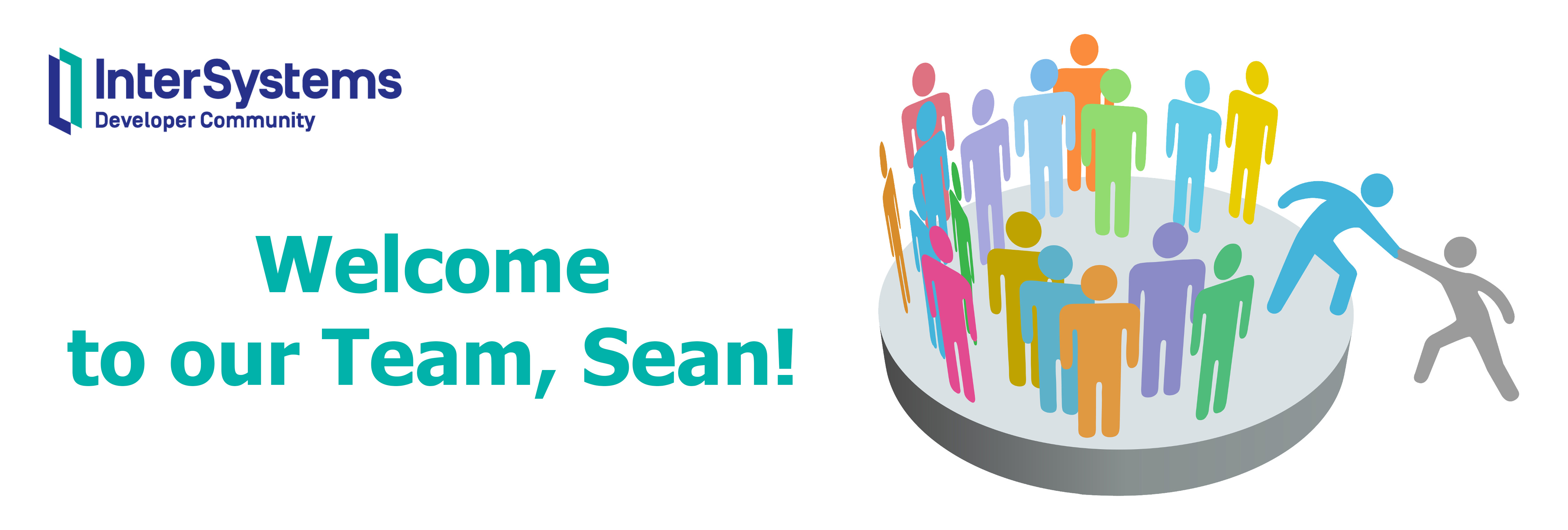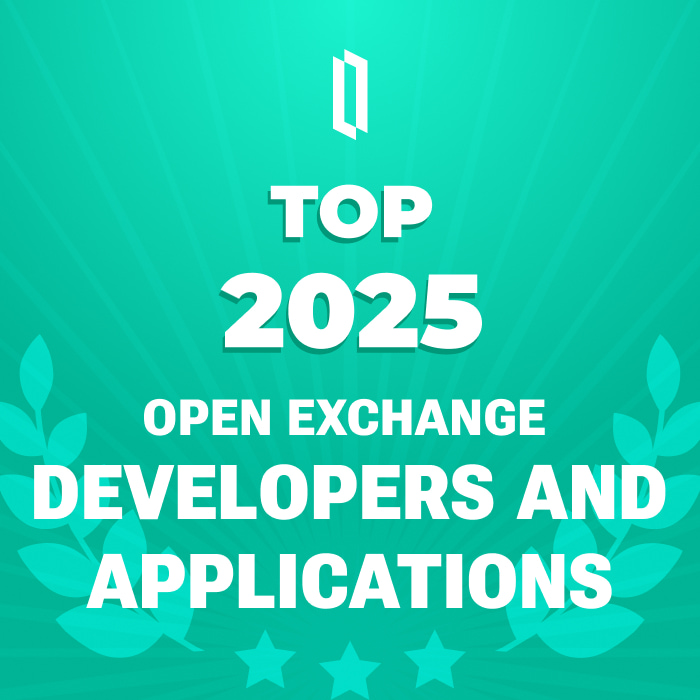Hi,
My [Ensemble] > [Queues] page shows message queues for Operations that were deleted months ago.
When I deleted the Operations I thought Ens.Util.Tasks.Purge would cause the (empty) queues to disappear from the Queues page.
Is there a way to remove queues that no longer refer to an operation?
Kind regards,
Stephen





